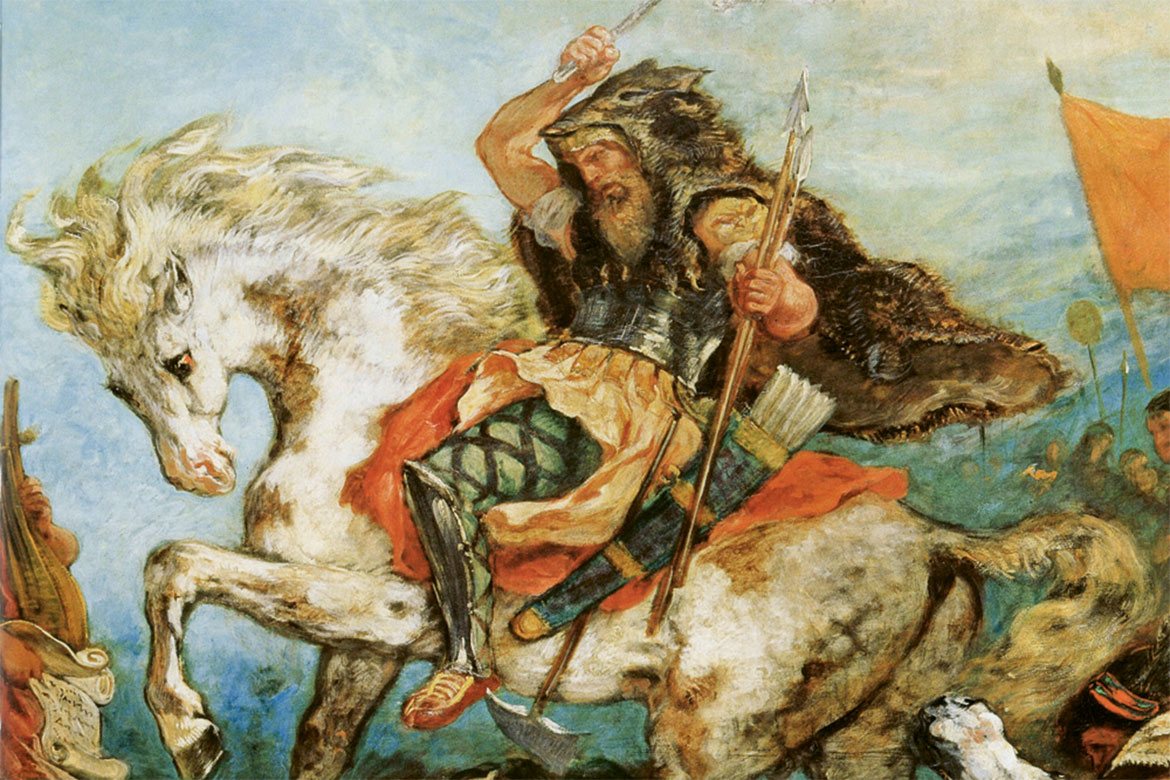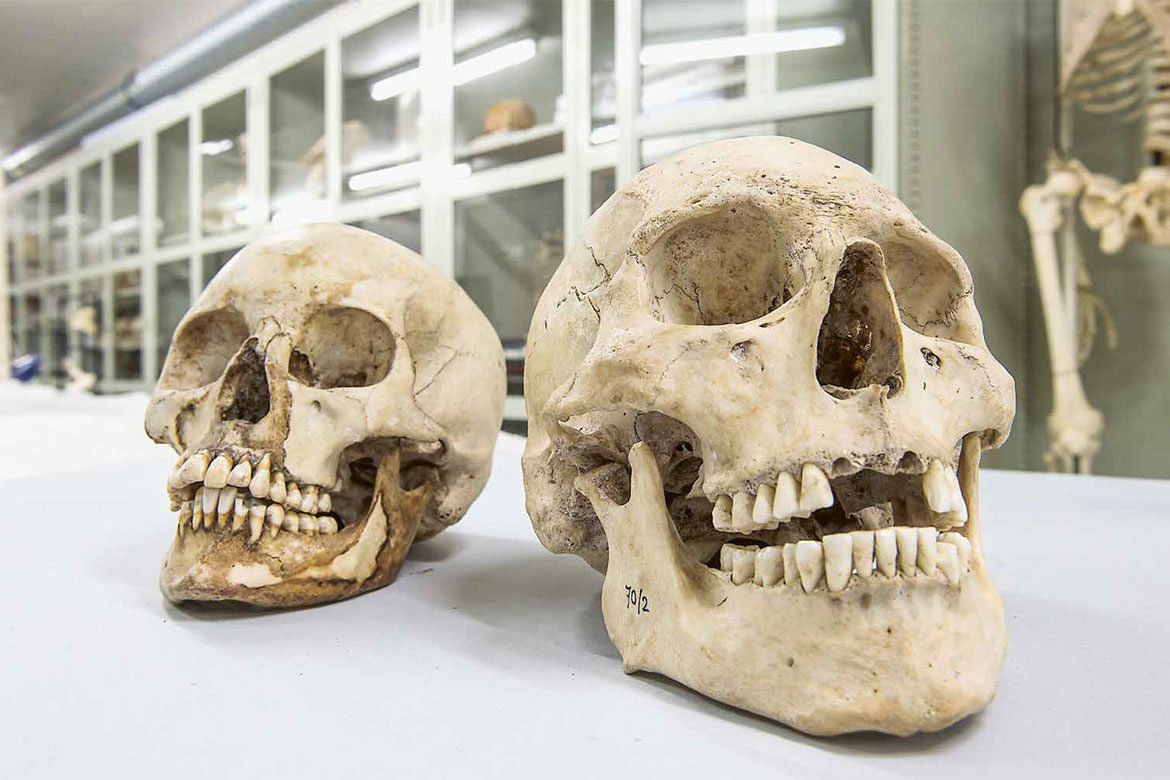Return of the barbarians
“Wild, cruel and savage”. The Romans’ description of the marauding Teutons is how far-right politicians describe Muslims today: ‘barbarians’. This ancient concept is now enjoying an unwelcome comeback.

Here we see Attila, the king of the Huns, who for the Romans of the 5th century AD were the ultimate barbarians. | Image: Wikimedia Commons
The barbarians are poised to invade. Western civilisation is under threat. At least, that’s how Alexander Gauland seems to see it when he compares today’s mass migrations with the fall of Rome in ancient times, “when the barbarians overran the Empire’s borders”. But as the literary scholar Markus Winkler has observed, describing terrorists or Muslim migrants as ‘barbarian hordes’ means “excluding any consideration of how we ourselves might be co-responsible for terrorism and migration”.
Winkler is a professor of German and comparative literature at the University of Geneva. He and his team have been analysing the concept in a project entitled ‘‘Barbarism’: History of a Fundamental European Concept and Its Literary Manifestations from the 18th Century to the Present’. This is the first-ever research into this topic. Their investigations, which have been published in a monograph, drew on literature, literary criticism, the visual arts, music and film. Above all, Winkler was astonished how the meaning of the concept has remained constant across the ages: “Right down to the present day, ‘barbarism’ has meant something that seems to be excluded from culture and civilisation. Quite simply, it’s about who you want to declare as your enemy and marginalise – or even destroy altogether”. The original meaning of ‘bárbaros’ – ‘speaking a foreign tongue’ – has declined somewhat. But already in Classical Greece, the word had begun to take on meanings, such as ‘scornful of the human and divine order’, ‘wild’ and ‘savage’, which have remained valid to this day. According to Winkler, if you accuse someone of being a barbarian, then you want to do them harm, and you’re disqualifying a foreign language as meaningless, even equivalent to animal sounds. The ‘barbarian’ has remained a potent concept to apply to an enemy, and its ancient origins serve merely to legitimise, even to enhance it.
Katharina Rilling




